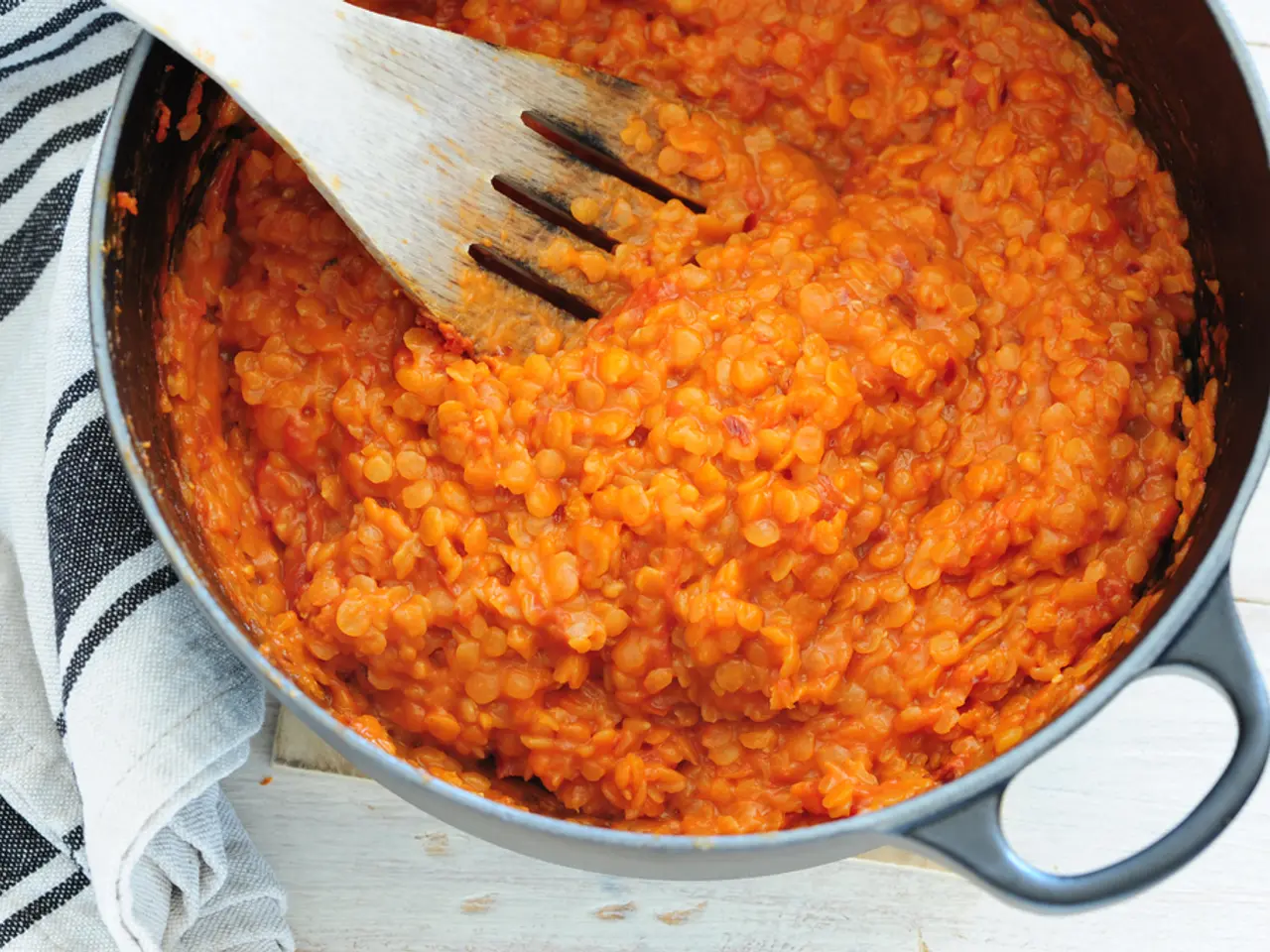Avoid Dumping Grease in Your Drain: Save Your Finances
In the bustling city of New York, a significant problem has been plaguing the sewage system: grease. According to reports, 66% of sewer backups in 2019 were attributed to this culprit.
Cooking grease, lard, and excess oil cannot be composted or discarded down the drain. These substances, when poured into the drain, can lead to blockages in both home sewer pipes and main pipelines under the street.
The use of boiling water and degreasing dish soap may provide a temporary solution, but they are not permanent fixes to prevent FOG (Fats, Oils, and Grease) blockages.
When grease accumulates in sewage drains, it can create "fatbergs," large masses of fat, grease, and garbage that can cause blockages and require expensive and time-consuming removal. These blockages can be very difficult to clear out and can cause wastewater to back up, potentially leading to costly repairs.
If grease is accidentally poured down the drain, immediate action should be taken by rinsing the drain with very hot water mixed with a generous amount of degreasing dish soap. However, continuing to pour FOG down the drain will eventually cause damage that may require a professional to fix, potentially leading to costly problems.
This damage can affect other systems throughout the home. Moreover, grease blockages can lead to sewage backups, potentially contaminating bodies of water. In fact, a FOG clog can lead to a sewage backup not just in your home, but also outside, where it can contaminate bodies of water.
To prevent these issues, it is recommended to dispose of cooking grease properly. Pouring solidified cooking grease into a disposable container and throwing it in the trash is an effective way to dispose of it. Alternatively, straining food particles from grease and storing it in the refrigerator for future use is another option.
Using chemical drain cleaners like Drano is discouraged as it can break down plumbing and compromise the health of sewer systems. Instead, homeowners are advised to be mindful of what they put down their drains to prevent costly and potentially harmful blockages.
In conclusion, being aware of the dangers of pouring cooking grease down the drain and adopting proper disposal methods can help maintain the health of both individual homes and the city's sewage system.








